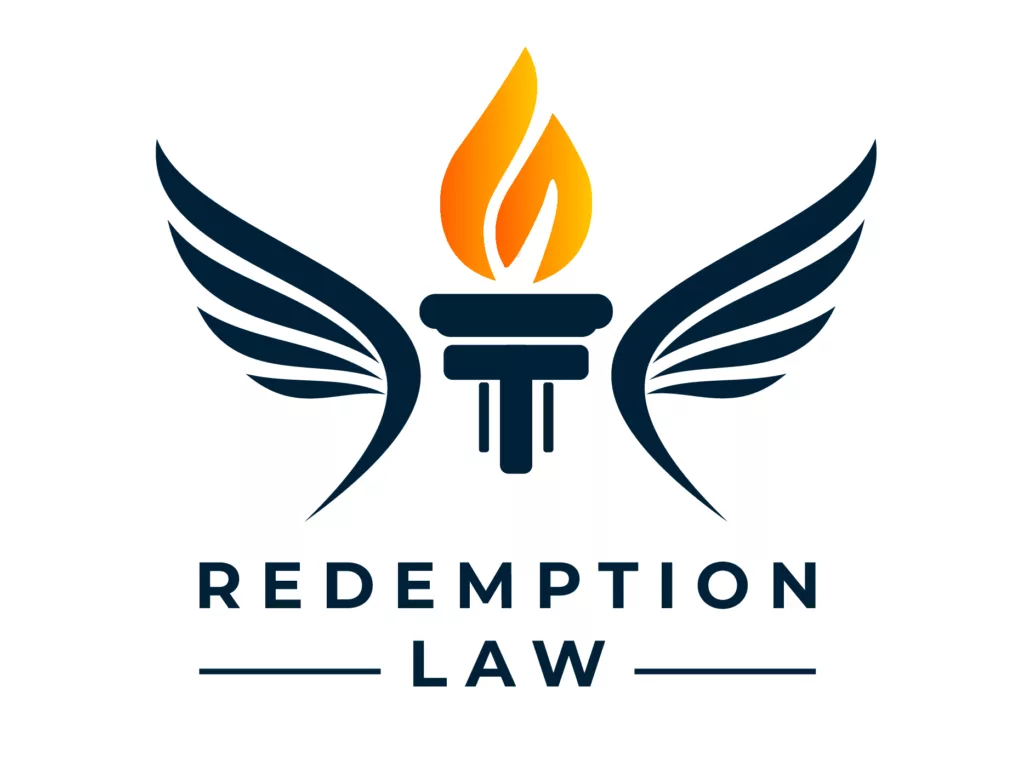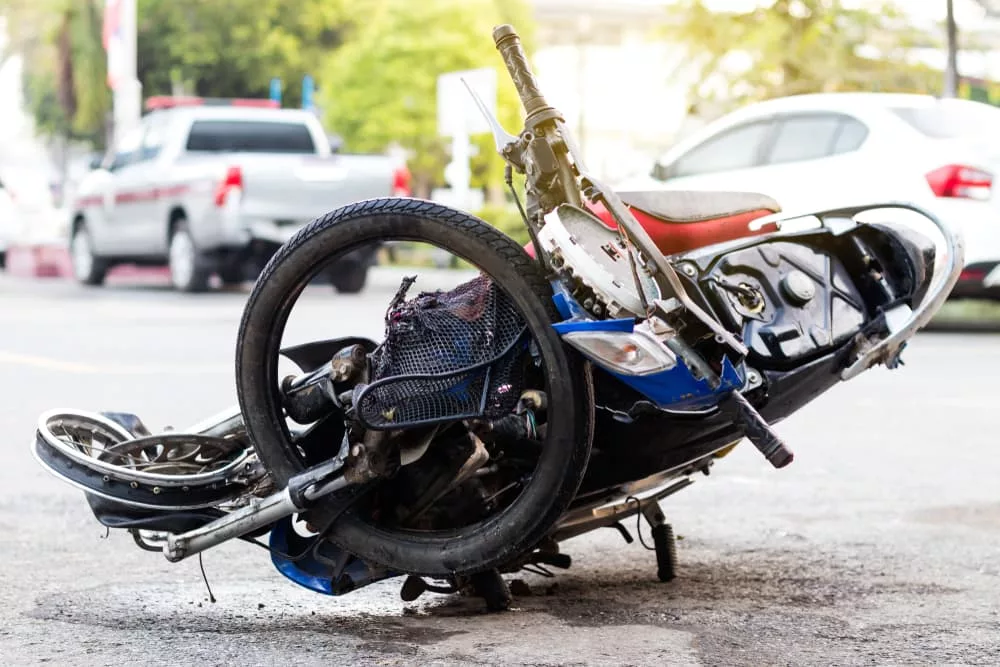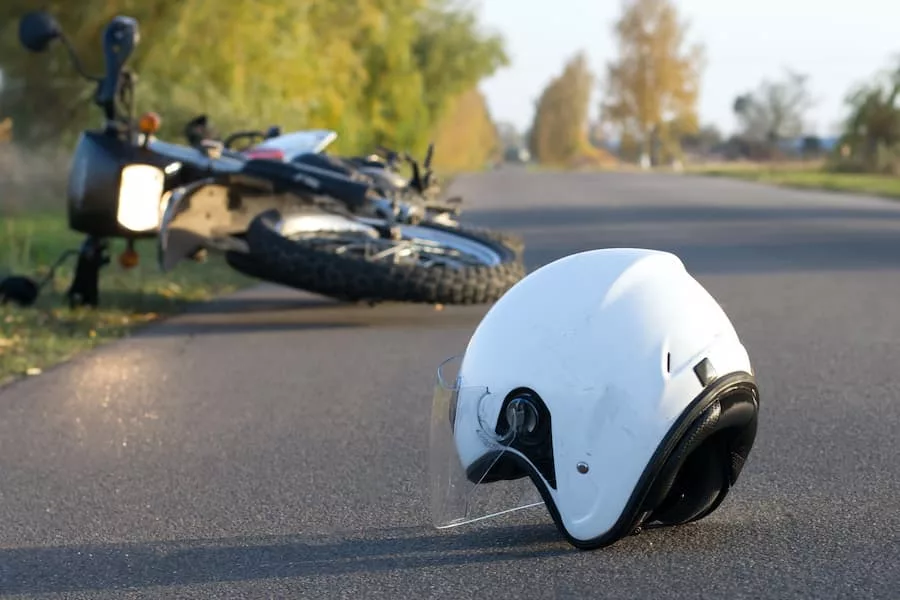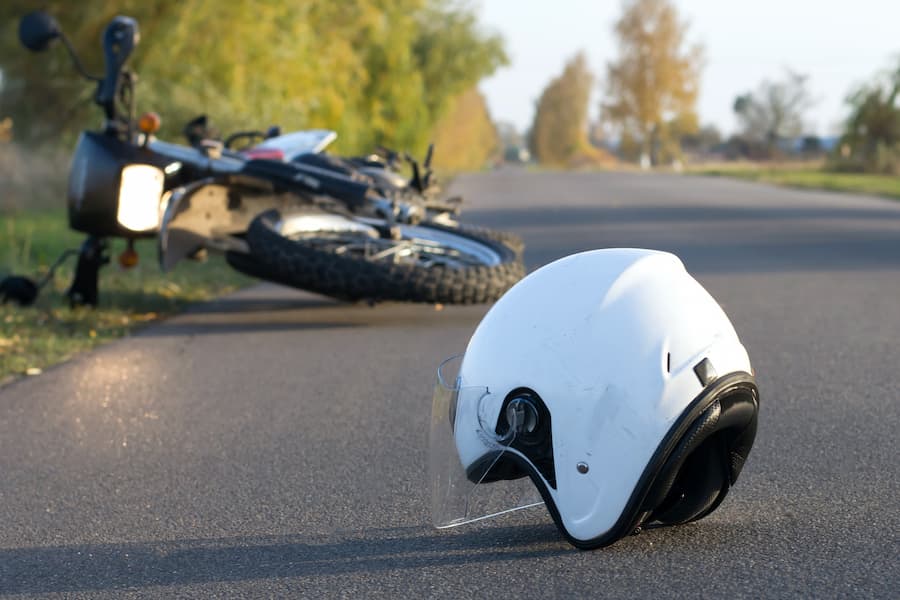Motorcycle riders who get into accidents due to the negligence or fault of other drivers may find that insurers refuse to pay compensation because they have found the rider at fault for the accident. Many motorcycle owners also face challenges with securing an affordable insurance policy. Unfortunately, the difficulties that riders experience with insurers often stem from biases that insurance companies and adjusters have against motorcyclists. Reach out to a Miami motorcycle accident lawyer.
Why Do Some Insurers Have Biases Against Motorcyclists?
Insurers often treat motorcyclists differently than other motorists when deciding whether to issue motorcycle insurance policies or approve a motorcyclist’s accident claim because they have biases against motorcyclists.
Common Stereotypes About Motorcyclists
Some people believe stereotypes and misconceptions about motorcyclists that they may have gotten from popular media.
Common stereotypes about motorcyclists include:
- Motorcyclists have associations with gangs or organized crime
- Motorcyclists have drug or alcohol addictions or use drugs/alcohol while riding
- Motorcyclists have violent tendencies or will start a fight with someone with little or no provocation
- Motorcyclists lack education or stable employment
- Motorcycle operators ride recklessly, speed, run red lights/stop signs, swerve around traffic, or lane-split
- Motorcyclists who ride sports bikes always ride recklessly
- Motorcycle riders don’t appreciate the safety risks they may face on a bike
- Motorcyclists frequently crash their bikes
- All motorcycle accidents occur due to a rider’s negligence or recklessness.
Factors That Influence Motorcycle Insurance Rates
Insurance companies may consider a wide variety of information when calculating the premiums for motorcycle insurance policies.
Some of the factors that influence insurance rates for motorcyclists include:
- The operator’s age
- The operator’s driving record
- Where the operator lives or principally garages their motorcycle
- The make and model of the motorcycle
- The motorcycle’s year of manufacture and current mileage
- The number of miles that the operator rides annually
- How the owner stores the motorcycle
- Which coverages the owner purchases and the policy limits and deductibles for each coverage
How Do Insurers Determine Operator Risk?
Insurance premiums represent, in part, the risk of loss that a motorcycle operator poses for the insurance company. Insurers make money only if they receive more premiums than they pay in benefits (and business overhead expenses like employee wages).
Examples of factors that insurers may consider when evaluating risk include:
- Experience. Insurers will view a motorcycle rider with years or decades of riding experience as less risky than a rider buying their first motorcycle. Some insurers consider riders who have taken specialized motorcycle safety courses, such as defensive riding courses, less risky.
- Use. The more often a rider uses their motorcycle, the greater the risk that they have an accident. Insurers may also confirm whether riders plan to use their bike for occasional pleasure riding, daily transportation, or business purposes.
- Type of motorcycle. The make and model of a bike will also play into how risky an operator appears to an insurer. Insurers may see faster and more powerful motorcycles, such as sport bikes or hyperbikes, as more dangerous than cruiser bikes. Insurers may also consider the motorcycle’s safety ratings or whether the bike possesses safety technology.
- Insurance score. The insurance industry maintains scores for motorists that reflect the likelihood that a motorist will file an insurance claim.
Obstacles Faced by Motorcyclists in Dealing With the Insurance Company
After getting into an accident on your motorcycle, you may experience significant difficulties in recovering compensation from the insurance company, even if another driver caused the crash. Even before you purchase a bike or get it on the road, you may face obstacles when dealing with insurers.
Securing Insurance Coverage
Motorcycle owners may have trouble securing insurance coverage when purchasing their motorcycles.
Insurers may refuse to issue policies to riders due to various characteristics such as:
- Age. Insurers may decline to insure younger riders due to concerns about their inexperience or potential tendency to engage in reckless or unsafe riding behaviors.
- Gender. Insurers may consider male riders riskier than female riders.
- Make and model of motorcycle. Insurers may refuse to insure certain motorcycles, especially sports bikes or hyperbikes.
- Location. Insurers may refuse to issue policies for riders living in specific ZIP codes. While basing a refusal on location may result from the neighborhood’s accident rates, insurers might associate specific racial or socioeconomic demographics with a ZIP code.
- Annual income or credit score. Insurers may view a rider with a lower annual income or a poor credit score as a financial risk (including a risk of failing to make premium payments) or, perhaps unfairly, a safety risk.
Insurers Charge Higher Premium Rates
Motorcycle owners may find that they pay higher insurance premiums for their motorcycle insurance than they do for their car insurance, even if both policies have the same coverage limits. Unfortunately, insurers may charge higher premiums to motorcycle owners simply because the company views motorcyclists as a more significant risk of getting into an accident.
Improper Claim Denials and Lowball Settlement Offers
When motorcycle riders suffer injuries in an accident on their motorcycle, they may have trouble getting payment on their insurance claim.
To avoid liability to injured motorcyclists, insurance companies may:
- Delay the investigation into the accident
- Fail to respond to letters, emails, or phone calls in a timely manner
- Make multiple successive requests for additional information or documents
- Misrepresent the availability of coverage or applicable policy limits
- Assert the applicability of a policy exclusion without a sufficient factual basis to do so
- Blame the rider for causing the accident due to speeding or reckless riding without providing any supporting evidence
- Demandi a written or recorded statement about the accident or access to the injured rider’s medical history
- Refuse to negotiate after making an initial offer of compensation
Insurers may improperly deny an injured motorcycle rider’s claim by asserting, without adequate supporting evidence, that the rider caused the accident or that the rider’s claim falls within a policy exclusion. By making a flat claim denial, an insurer may hope the rider won’t want to expend the time, energy, or money to pursue their legal options to challenge the denial.
Alternatively, insurers may make an initial lowball settlement offer, often called a “go-away” offer. The insurance company may bank on the injured rider’s need for quick cash to help pay for motorcycle repairs and medical bills that the rider will take the first offer on the table. However, the insurance company’s first offer will rarely provide total compensation for an injured rider’s past, ongoing, and future losses.
Despite an insurer’s insistence that it will not budge from its initial offer, a motorcycle rider with legal counsel can rely on their attorney to secure evidence and prepare a persuasive argument for an increased settlement offer.
How To Deal With Insurers’ Biases
Fortunately, motorcycle riders can take steps to help make dealing with the insurance company a more manageable and less stressful process:
Find a Good Insurer for Motorcyclists
Motorcyclists can help themselves when they need to file a claim with their insurance company by choosing a good insurer with a reputation for treating riders fairly.
Riders may want to select an insurer that advertises directly to motorcycle owners rather than simply having motorcycle insurance policies as a product offering. Riders can also ask fellow motorcyclists about their experiences with insurance companies and whether they can recommend their insurer as a good company for motorcycle owners.
Steps To Take When Filing an Insurance Claim After an Accident
Injured riders can protect themselves from insurers’ biases and tactics after getting into an accident if they:
- Report the accident to law enforcement and request a copy of the police accident report
- Remember to take photos of the accident scene and get contact information from any eyewitnesses to the crash
- Seek prompt medical attention so that your doctor can document your injuries in the motorcycle accident
- Follow your healthcare provider’s treatment plan and instructions, including any medical restrictions they place on you, so that the insurance company cannot accuse you of failing to properly treat your injuries or claim that you have not suffered as severe an injury as you have claimed
- Request copies of medical records from your treatment
- Keep copies of all bills, invoices, and receipts of expenses for motorcycle repair/replacement, medical treatment, and other costs you incurred due to the accident
- Gather your income records to calculate your lost earnings from missed work or going on part-time/light duty during your recovery
- Start a diary or journal to write down your recollection of the accident, document your recovery from your injuries, and note additional details, such as the physical pain and limitations you experience from your injuries and subsequent medical treatment
- Avoid posting on social media about the motorcycle accident or your injuries, as the insurer could use posts that contradict what you’ve told the insurance company to deny or minimize your claim
Finally, contact a motorcycle accident attorney as soon as possible to have experienced legal counsel advise you about your options and begin dealing with the insurance company on your behalf.
Legal Options for Challenging a Bad Faith Denial
When an insurance company partially or fully denies your motorcycle accident claim, your motorcycle accident lawyer may:
- Request reconsideration or filing an internal appeal. Many insurers have internal appeals processes to challenge an initial claim decision. Although these processes vary from company to company, they may involve requesting reconsideration of a claim, requesting the insurance company assign a new adjuster to evaluate the claim, or demanding arbitration.
- File a lawsuit against a liable driver or party. When pursuing a liability claim against an at-fault driver or party, you can file a lawsuit against the driver if their liability insurer refuses to agree to a fair settlement.
- File a bad faith insurance or breach of contract claim. If you file a claim with your motorcycle insurance company for collision/comprehensive or uninsured/underinsured motorist coverage, you may have a cause of action against the insurer if it denies your claim in bad faith or fails to provide the coverage required by the terms of your insurance policy.
How Can an Attorney Help You Deal With the Insurance Company After an Accident?
While you focus on your medical treatment and rehabilitation after a motorcycle accident, an attorney can handle the details of preparing your claim and negotiating with the insurance company on your behalf.
During your insurance claim, your motorcycle accident attorney may:
- Independently investigate the crash to secure all available evidence to support your claim by taking accident scene photos, requesting documents such as police accident reports and post-accident vehicle inspection records, interviewing eyewitnesses, and obtaining surveillance/traffic camera footage of the crash.
- Work with accident reconstruction and engineering experts to review the evidence to build a persuasive narrative to explain how another driver or party caused the motorcycle accident.
- Document your injuries and losses to prove you deserve compensation from the insurance company.
- Identify all potentially liable parties and reviewing insurance policy terms to confirm the availability of coverage.
- Draft and file an insurance claim or demand letter to pursue your compensation from the insurer.
- Handle all communications with the adjusters and negotiating on your behalf to fight for a maximum settlement.
- Take your case to court and trial when the insurer won’t agree to a fair settlement or denies your motorcycle accident claim in bad faith.
Insurers Often Raise Obstacles Against Injured Motorcyclists’ Claims, so Protect Your Interests

Unfortunately, motorcycle riders injured in accidents due to no fault of their own can face significant challenges in recovering compensation from insurance companies. Insurers may harbor biases or misconceptions about motorcycle riders, resulting in companies denying policies, raising premium rates, or minimizing or rejecting injury or property damage claims. Reach out to a Miami personal injury lawyer.
Fortunately, riders can shop around to find insurance providers with a good reputation for working with motorcycle owners. Hiring a motorcycle accident attorney after a crash can will allow you to stand up to insurers if they deny your claim or minimize their liability by shifting blame for the accident to you.
Related articles
Related articles Related articles Related articles Related articles Related articles Related articles Related articles Related articles Related articles Related articles
Motorcycle
16 Apr 2024
What Happens if a Road Hazard Causes My Motorcycle Accident?

Motorcycle
04 Oct 2023
What Is the Average Payout for a Motorcycle Accident?





